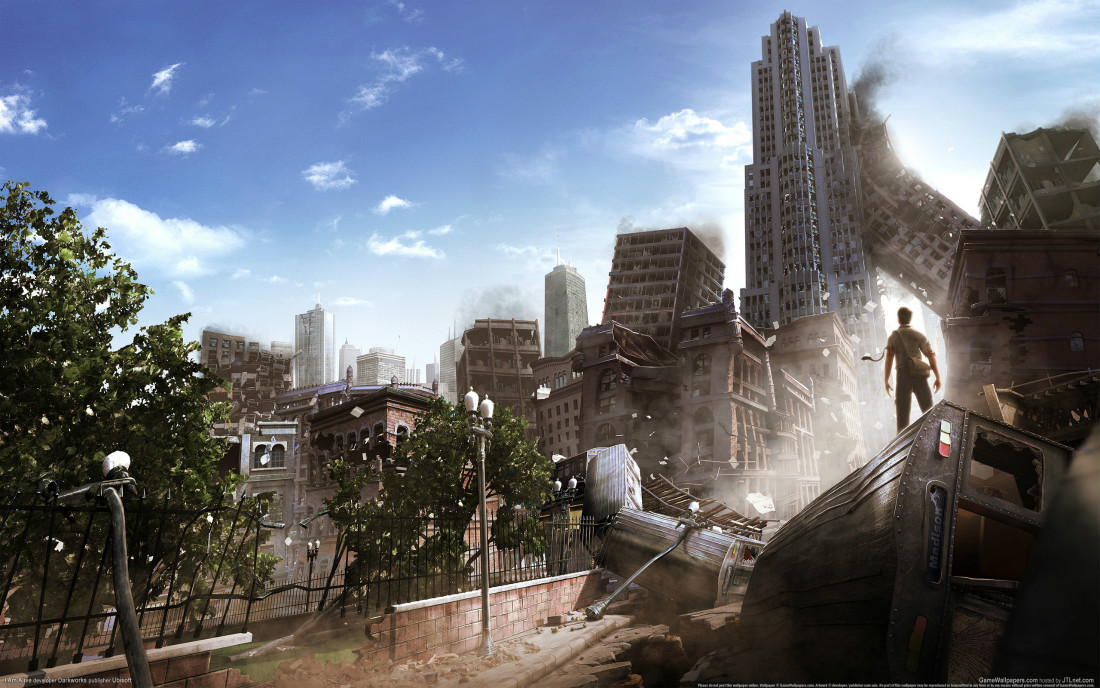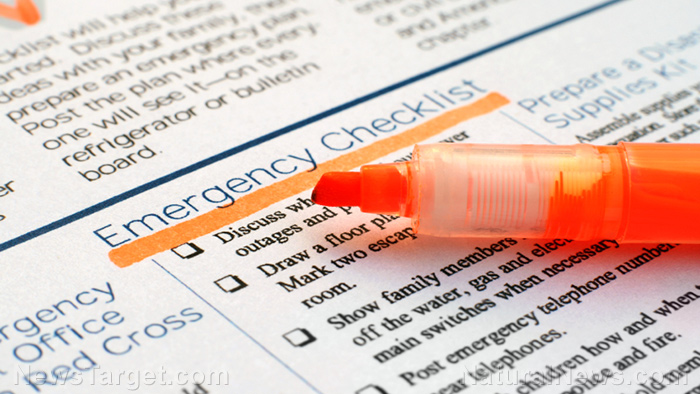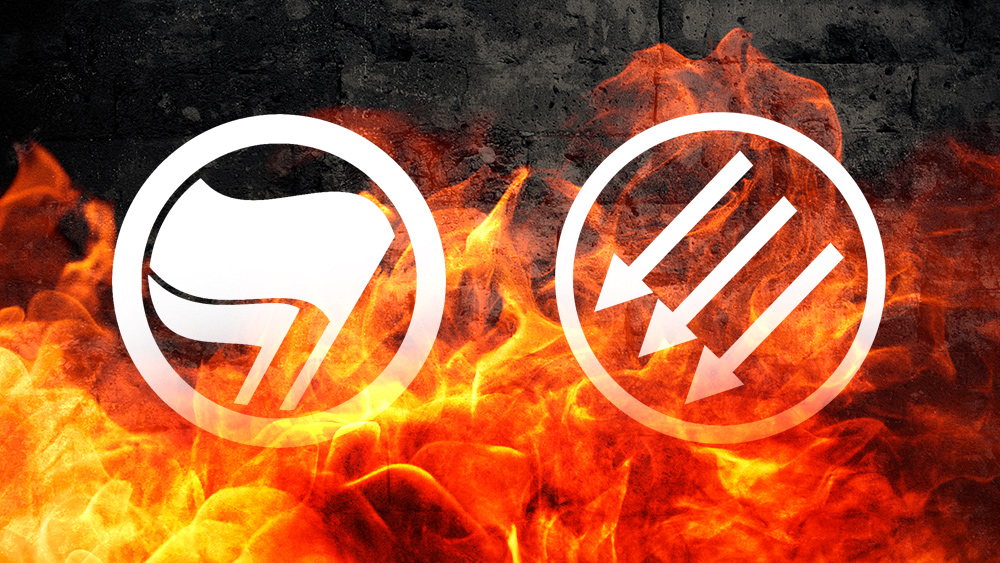
It isn't hard to imagine things going bad after SHTF. Just look at how quickly things turn south when wildfires, earthquakes, hurricanes and other somewhat predictable disasters happen to get a sense of how bad things can get. In the wake of such disasters, many people panic and become desperate, emptying grocery store shelves or causing heavy traffic as they try to drive away to safety.
Generally, the aftermath of a disaster will depend on the type of disaster. Still, you'll almost always face certain threats no matter the type of disaster that transpired. How these threats will affect you will depend on the preparations you made, your survival knowledge and skills and how well you can adapt when faced with crises.
On that note, here are five major threats you'll likely encounter after SHTF and how you can survive them. (h/t to Survivopedia.com)
1. Economic instability
When SHTF, expect the economy to take a major hit. Many people will likely not be able to go to work as usual due to things like power outages and impassable roads. If their very place of work was hit, then it may be a while before operations resume. All these things will eventually and inevitably lead to economic instability.
The supply and demand of certain items will also dictate how the economy will evolve in a certain area. Expect survival staples, such as toilet paper and canned goods, to be overpriced and/or in low supply. How you deal with such a situation depends on how well you prepared for the economic aftermath of an SHTF scenario.
For instance, if you have an emergency food stockpile prepared, then you can make it through any major SHTF event for an extended period of time. However, you would have to consider how you can get more supplies if your supplies run out. Do you have enough emergency cash on hand to buy more? Where do you plan to buy supplies if your local grocery store is completely out of stocks?
Finally, consider the possibility of bartering. You may have items that would be useful for trading for foods and water in case buying supplies isn't an option.
2. Essential services shutdown
Any type of SHTF event will cause disruptions in essential services. For example, a hurricane may make it hard to procure clean water. It may also affect power lines and consequently cause outages.
Here are a few suggestions on how you can prepare for such an aftermath:
- Try to live without electricity and gas for an extended period of time. Think of it as a dry run.
- Try to live without making electronic payments for an extended period of time.
- Practice buying supplies with cash. Buy only things you absolutely need.
- Use any backup water or sanitation systems you have for a week.
- Try to cook only with what you have in your emergency food stockpile. Try alternative cooking methods.
3. The breakdown of the supply chain
When disaster strikes, expect crowds of people to flood into grocery stores and buy whatever they can get their hands on.
Disasters almost always leave impassable roads and power outages in their wake, and this can make it difficult for more supplies to get to grocery stores. As a result, cleaned-out grocery stores may stay that way for an extended period of time.
The best way to avoid the chaos of panic buying by those who didn't prepare is to build an emergency stockpile. This stockpile shouldn't just be for food. Consider stocking up on gasoline as well for when you need to bug out. Stock up on things like toilet paper, first-aid kit essentials and feminine hygiene products as well. That way, you and your family will be fine even if grocery stores take a while to restock.
4. The collapse of social order
Some people take disasters and SHTF events as an opportunity to loot stores and raid houses for supplies since authorities will be too busy dealing with more important matters. You should be prepared to defend yourself, your family and your supplies from such individuals. You can do that by installing a home security system, getting a guard dog, setting up booby traps in your home and around your property and keeping self-defense weapons nearby. (Related: Fit and ready: Self-defense tips for preppers.)
5. Sanitation and health issues
Be prepared to face a lack of adequate sanitation and emergency medical care in the wake of an SHTF scenario. Disasters often interrupt utilities, and that includes water treatment systems. If the water stops running and the sewage system stops working, things could quickly take a turn for the worse.
Impassable roads due to disaster debris can also hinder emergency responders from getting to those in need of help.
To avoid health and sanitation issues, stock up on enough water to see you and your family through for several days. Consider learning basic first-aid skills as well so you know how to deal with minor injuries and health issues. Make sure you have a first-aid kit containing all the essentials, like rubbing alcohol and bandages.
For more tips on how to survive in a post-SHTF world, visit Survival.news.
Sources include:
Please contact us for more information.





















